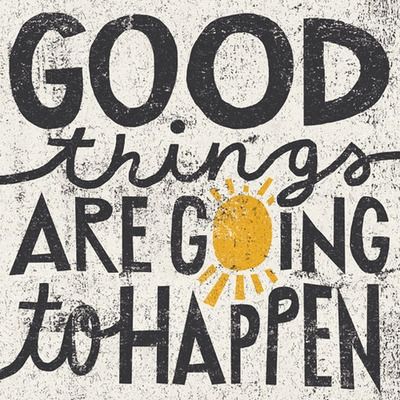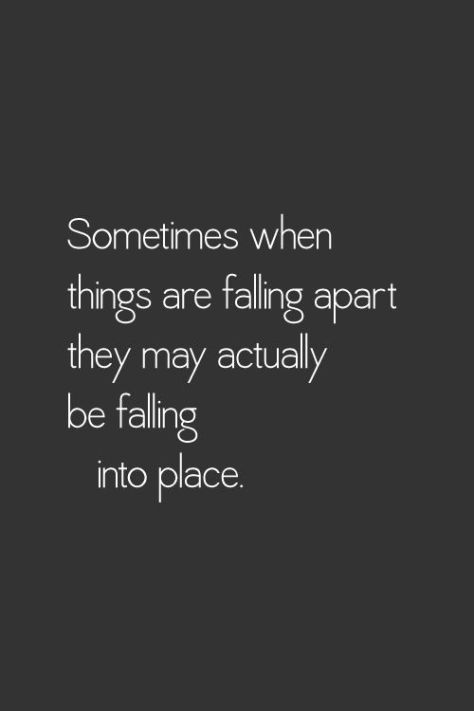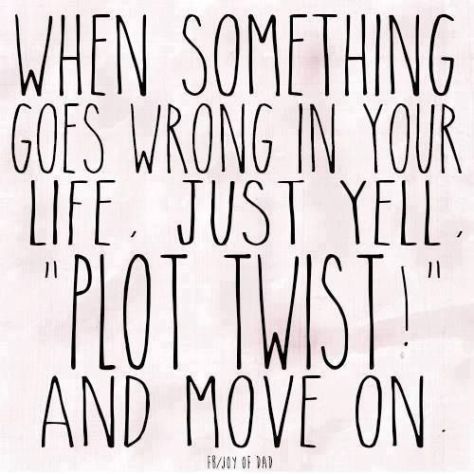A few years ago, I attempted to query my first novel. It was nowhere near ready, but I wasn’t enjoying my job and took solace in the idea that I could find an agent, become a writer, and then quit! While the fantasy was not realistic, it was satisfying and I embarked on an elaborate querying process that yielded no results.
Now, I’m entering the query process again with a much more polished manuscript for my third completed- but fifth overall- novel. This process has inspired me to pull out my old excel charts and query drafts to get an idea of where I went wrong and how I can do better this time, besides the fact that I’ve simply written a better book. My last novel was a little dry in the beginning, not nearly as edited, and more stereotypical YA fantasy. Querying resulted in only a few requests for a partial and nothing beyond.
I’m very early on in the query process now (drafting my query and writing my synopsis while my beta readers read my novel), but I’ve already learned so much from doing this process again, and doing it right this time.
What I’ve Learned:
- Before you even write the book, look at what agents DON’T want
If you’re writing a dystopian- stop. If you’re writing fantasy with a european inspired setting- maybe stop. Every agent I’m looking at now is asking for multicultural or non-european settings. This is something to consider seriously for us YA fantasy writers, who are in a flooded market.
Pay attention to the way the market is moving. Do a little research before you put your heart and soul into writing a novel. If you just read 5 fairytale retellings, probably don’t write one. After Cinder came out, literary agents were all asking for a fairy tale retelling, and boy did they get them! Within a year or two, the market was fully saturated. By the time you’re reading them off the shelves at Barnes and Noble, agents have moved on. Do a google search for literary agents and see who wants what to get an idea, but just remember that these things can change rather quickly.

2. Really- and I mean reaaaaaallly- edit your novel.
No ones first draft ever popped out perfect. Hasn’t happened. Will never happen. Veronica Roth, author of Divergent, has talked a few times about how she hates writing first drafts, because she just wants to get to the editing. I thought this was hysterical, because I love the first draft, and the editing- not so much. But I’m guessing the reason why she loves editing was the reason why I didn’t like it- you see all your mistakes! You see the inconsistencies, the typos, and the characters who disappear from the story.
This is the time to fix those plot holes, make sure everything is tight and that no boring chapters remain! I was merciless with this novel, cutting out whole chapters and serious conversations because I didn’t want to read them when I was editing. If you don’t want to read them, then agents sure as hell won’t want to read them either!
3. Choose your beta readers carefully.
What I did wrong the first time was give out a copy of my book to any friend or family member who said they wanted to read it. What I learned? Some of my friends asked me several times for a copy of my book- then never read it. Don’t get me wrong, my first unedited novel wasn’t good, but it still stung. Then I also asked a family member to read it who gave me silly, rather insulting advice. She compared my main character to Katniss for reasons I still can’t understand. If she’d said my novel was super slow or needed some serious plot changes? Then sure, I’d get that.
A new critique partner of mine shared this awesome video with me, by writer Mary Robinette Kowal. It’s about how you need to be so careful what readers you ask for advice, because often they will “diagnose” and “prescribe” things for your novel without understanding. She cautions us writers against listening to this and recommends beta readers focus on the feelings they get, rather than getting too specific about problems and fixes.
I learned the hard way that my beta readers should be: 1) people who actively read your genre and will give you the kind of advice you’re asking for. 2) people who write your genre! I found some awesome new beta readers through twitter and the lovely hashtag #ontheporch. I recommend giving it a try!
4. Don’t avoid the synopsis.
Last time, I didn’t want to write a synopsis so I started by querying agents who didn’t require one. This is a) lazy and b) silly because some of the best agents ask for a synopsis! And other agents might ask for a synopsis with their partial request.
Also, writing a synopsis is great exercise as a writer. Condensing 90,000 words into 500 is hard! It was incredibly painful cutting out all my subplots and side characters (some of my favorites!), but it was an important exercise to see if the main story and main characters can stand on their own. Guess what? They can!
5. Have a hook in the query letter.
My first query letter went the standard route of introducing the book without any hook. Well, as I’ve mentioned, the story I was telling was dry, so I had a hard time summing it up into anything exciting. So I just didn’t. I didn’t take the hint that maybe the novel wasn’t ready. I just decided to write a not-so-good query letter with no hook.

6. Make sure your opening pages are your best pages.
Polish up those first pages that agents are asking for. Ask betas to spend extra care on the first 50 pages, but the MOST care on the first 10 pages. And when you’re done with listening to your betas and editing those pages, go over them again. And again.
One day, I’ll probably dust off that first book and fix it. It had some real gems within it, but overall it’s not great. The first pages are particularly slow. I was so tired of that book at that point that I just wanted to move on to something else. I wrote a few other novels in between, before I wrote this one. I knew writing this book that the first pages had to hook the reader. So I did! And after a year of working on it, I went back and added even more excitement to the opening pages, because I could and knew I should. I start off big, with a dramatic moment that sets the tone for the whole novel. And so far, my beta readers have loved it.
I wish all of you luck with your own querying process! I’ll share updates as I go!
*******
Cameryn







